You may also be interested in

Globalization and Governance: Essays on the Challenges for Small States
The text is about the challenges faced by small states in the context of globalization and governance.
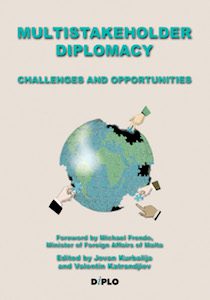
Multistakeholder Diplomacy – Challenges and Opportunities
This book is a collection of papers from Diplo’s February 2005 conference in Malta and from research interns involved in our Multistakeholder Diplomacy internship programme.

Wilton Park: sui generis knowledge organisation
In his paper, Colin Jennings describes the way Wilton Park – an executive agency of the British FCO – operates. He highlights some of the key reasons for its success, and identifies some specific outcomes of the conferences organised by Wilton Park. The author also offers a few reflection on knowledge management based on his many years of experience.

Adoption and adaptation of e-health systems for developing nations: The case of Botswana (Research by Benson Ncube)
This paper seeks appropriate solutions to improve the access and capability of the health delivery systems in Botswana. The research reveals that many countries are now using information-based services to assist in the administration and delivery of medical services via telecommunication infrastructures.
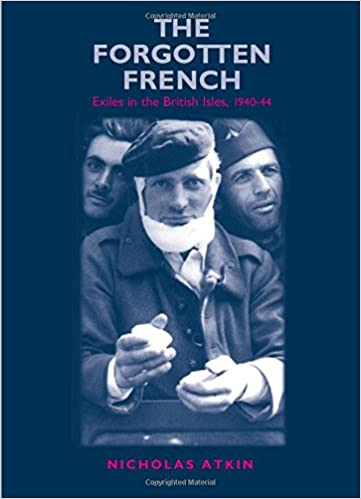
The Forgotten French
The text discusses the impact and significance of French immigrants on American history and culture, highlighting their contributions and accomplishments that are often overlooked or forgotten.

The Role of the Beijing Olympics in China’s Public Diplomacy and its Impact on Politics, Economics and Environment
The 2008 Beijing Olympics were ardently sought, lavishly staged and hugely successful, despite intense scrutiny, speculation and setbacks. Amplified by modern media, most controversies revolved around China's political repression, epitomised by Tibet brutality. Resultant protests threatened boycott and terror, putting internal cohesion, national image and Olympic dream at stake.
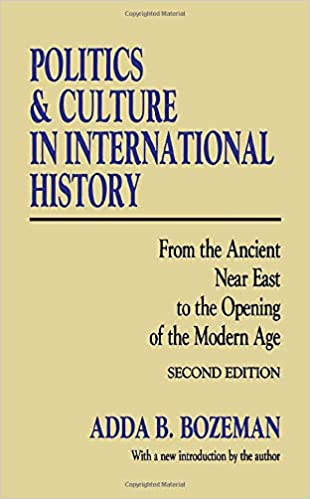
Politics and Culture in International History, 2nd ed
The message focuses on the interactions between politics and culture in international history, emphasizing its complexities and interconnected nature. It delves into how political decisions and cultural aspects influence each other, shaping the course of international relations.
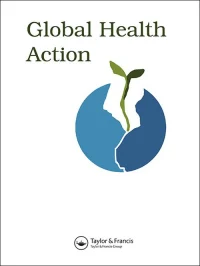
A New Governance Space for Health
Global Health Action is an international journal publishing research in the field of global health, addressing transnational health and policy issues.

Strengthening the region’s participation
‘Witnessing the open community policy development process at the AfriNIC community led me to further appreciate the importance of the Policy Research Phase of the Diplo IGCBP. AfriNIC-13 was an eye opener...’ - Maduka Attamah from Nigeria

Portraying the religions of the Mediterranean
There is hardly any need to stress that the relations between the adherents of the three great religions of the Mediterranean, as indeed of all other religions, are more affected by the images that each group has of the other than by the precise content of the theological beliefs held by the spiritual leaders of each religious community. This paper discusses the “the politics of representation” that has garnered much interest since the publication by Edward Said of a trilogy on the subject.
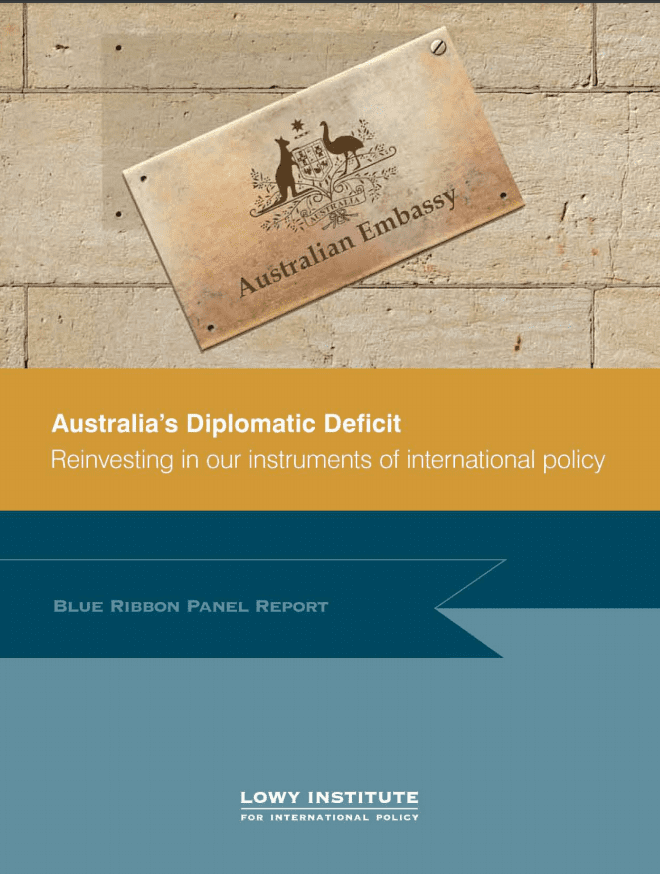
Australia’s Diplomatic Deficit: Reinvesting in Our Instruments of International Policy
The text discusses the importance of Australia re-investing in its instruments of international policy to address its diplomatic deficit.

Trends in Diplomatic Communication: A Case Study of Uganda
The aim of this research was to examine the communication trends in diplomacy with a focus on Uganda.

Broadening the diplomatic bandwidth
‘I believe whistle-blowing websites have a greater role to play in the future of the humankind. These are a few of the issues that I became aware of through DiploFoundation, on whose blogosphere these issues continue to be debated.’ - Felix Samakande from Zimbabwe

The Italian Public Administration: Ideas for Innovation
The ongoing rapid process of modernization makes people largely more aware of the social and civic dynamics in which they are involved so that they demand increasing satisfaction of their higher expectations. But, Public Administrations of many countries in the world currently suffer from dysfunctions and inefficiencies, due to their inner bureaucratic inertia, which in turn causes distrust among citizens and slowdown in social and economic development.
The rhetoric of public diplomacy and propaganda wars: A view from self-presentation theory
Efforts by governments to affect foreign public opinion through direct communication – and in competition with rival governments – have been a stable and consistent feature of international diplomacy since the turn of the twentieth century.

Public diplomacy in Croatia: Sharing NATO and EU values with domestic publics
The importance of public diplomacy in Croatia is highlighted, emphasizing the role of sharing NATO and EU values with domestic audiences to foster understanding and support.

Evaluation of the status of the e-government in Comoros
Comoros has an e-government development index (EGDI) of 0.2327*, with a country online presence estimated at 286. This study evaluates the country online presence by counting the governmental web sites, commenting on the figures published compared to the online availability of governmental information, and examining the interaction with citizens.

The power of personal contributions
‘Some of the major issues in the African region that we, as individuals, have to face are infrastructure implementation, awareness, and education. Luckily, there have been encouraging steps by several stakeholders and the younger generations...’ - Duksh Koonjoobeeharry from Mauritius

The Internet and diplomats of the 20th century
The Internet and diplomats of the twenty century: how new information technologies affect the ordinary work of diplomats.

*UPCOMING* Understanding AI through national flags
Understanding how AI functions is becoming necessary for everyone, from citizens to societal leaders. Citizens’ basic rights and well-being can be affected by AI. Political and business leaders have to make decisions about AI, sometimes involving delicate trade-offs. AI poses two levels of explainability challenges: one is for technical people to understand how neural networks function, and the other is for the wider population to understand AI and what it is capable of.
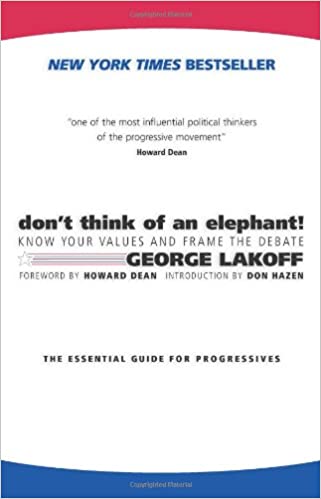
Don’t Think of an Elephant: Know Your Values and Frame the Debate
In "Don't Think of an Elephant: Know Your Values and Frame the Debate," the author emphasizes the importance of understanding values and framing in shaping debates effectively.

The role of the new media in the electioneering process of developing nations, a case study of Nigeria 2015
Abstract: This dissertation examined the roles new media technologies play in the electioneering process of developing nations. The chosen case study was the Nigeria 2015 presidential elections. For this study, the electioneering period was accepted to commence with from the campaign period and to conclude a year after swearing in. This allowed for the study of critical milestones of the electoral cycle.

Governance and conflict in the Mano River Union States: Sierra Leone a case study
The MRU states (Côte d’Ivoire, Guinea, Liberia and Sierra Leone) experienced more than two decades of bitter conflicts. With the exception of Guinea which was spared a full-scale civil war, the other three neighbouring MRU states went through violent civil conflicts which resulted in massive human suffering, social dislocation and the destruction of the region's economy.
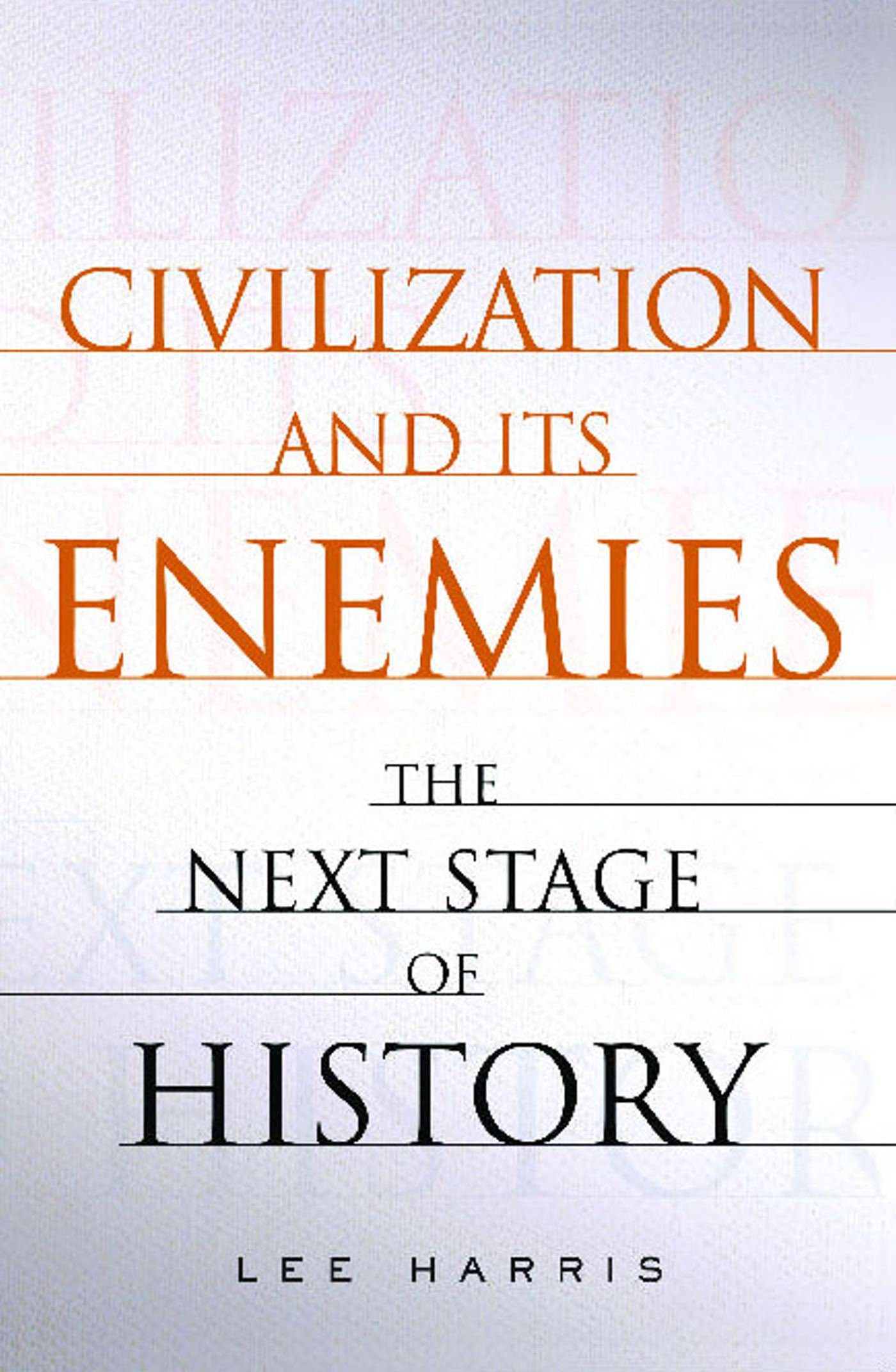
Civilisation and its Enemies: The Next Stage of History
Lee Harris is not an academic – his name would hardly be quoted in obscure learned journals. In the aftermath of 9/11 he has written this book in an attempt to articulate and argue a position that justifies (both retaliatory and precautionary) military intervention while rejecting racism or fundamentalism. A ‘loner’ who shares many ideas with the Straussian school (but without the latter’s undertone of righteous victim), Harris may be giving voice to the worldview underpinning much current U.S. action in international political affairs. He is worth engaging.
Governing global health: Is Europe ready?
The text discusses Europe's readiness in governing global health.

The role of diplomatic missions in Open Government
The purpose of this research paper is to assess the degree to which Open Government values and principles are being implemented by the diplomatic missions of Moldova and Malta, particularly in regards to their work with civil society and citizens' participation in policy-making.

Accelerating the legislative process
'After returning to my home city from the Hyderabad IGF, I talked with the executives of Smart Communications, a stakeholder in ICT here, to take part, if not the lead, in convening an Internet Governance Forum in the country...' - Elias Laurente Espinoza from the Philippines

Social media and networks: What potential is there for policy engagement by citizens in West Africa?
The paper takes a look at concrete case studies in Nigeria, Ghana, and Côte d’Ivoire and looks at different levels of citizens’ engagement in public policy and how social media and networks are being used. Interviews, questions, consultations, discussions, and surveys were conducted, which led to the discovery that things are happening in strange places and that the potential of social media and networks in citizen policy engagement can only be likened to a pregnancy whose term is already here.

Intergovernmental organisations sharing and linking open and real-time data for inclusive governance
The rapid rise of the Internet has encouraged the use of open, real-time, and linked data to help understand and improve development processes.The advancement of data use for development without an Internet governance framework, however, raises the importance of inclusion of the most marginalized, as well as privacy and security. This paper will examine such issues, as well as the role inter-governmental organisations can play in helping to encourage the use of data while supporting the protection of privacy and security.

Digital Opportunities for All: Meeting the Challenge
The text is about embracing digital opportunities to overcome challenges and ensure access for all.
A Digital DFAT: Joining the 21st Century
The Department of Foreign Affairs and Trade (DFAT) needs to keep pace with technological advancements that could increase efficiency, improve internal and external communication, and facilitate information exchange and gathering. Without e-diplomacy DFAT will be cut off from important audiences and find it increasingly hard to communicate its messages and coordinate Australian foreign policy across government.
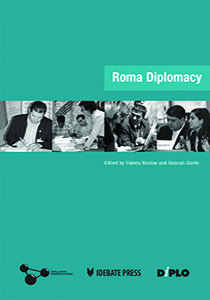
Roma Diplomacy
Roma Diplomacy is a collection of papers written or inspired through Diplo’s 2005/2006 Roma Diplomacy project.
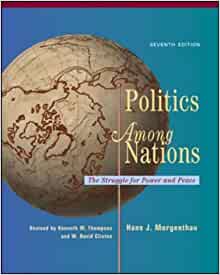
Politics Among Nations
The text "Politics Among Nations" discusses the nature of international relations, emphasizing the importance of power and national interests in shaping diplomatic interactions. It explores the role of diplomacy and military endeavors in maintaining stability and resolving conflicts on a global scale. "Politics Among Nations" delves into the complexities of state behavior and strategic decision-making within the framework of the international system.
About E-participation
This one-page document aims to explain the origins and needs of the usage of ICT in global participation, as well as to mention some good practices and potential for the future.

For an effective taxation of electronic commerce in Madagascar
This research paper focuses on the taxation of electronic commerce (or e-commerce) in Madagascar. The objectives of this project are to offer insight and help the fiscal administration for future governmental programmes focusing on the taxation of e-commerce in Madagascar.

Paradiplomatic’ Relations between the United States and Kosova: A Friendship between an Elephant and a Mouse
Naim Dedushaj's thesis 'Paradiplomatic relations between the United States and Kosova' studies the relations between the Albanian nation and America that date way back in history. The first Albanian immigrants moved to the United States in the second half of the 19th century. The major migration flows from Kosova and other parts in ex-Yugoslavia took place in the 20th century.

Facing the challenges of an Africa-wide ICT strategy
'There is a need to address these challenges to enhance the capacity of the AU organs, institutions and member states to better respond to instances of ICT policy in Africa. As part of the evolving African governance architecture, there is a need to formulate an ICT strategy...' - Eliot Nsega from Uganda
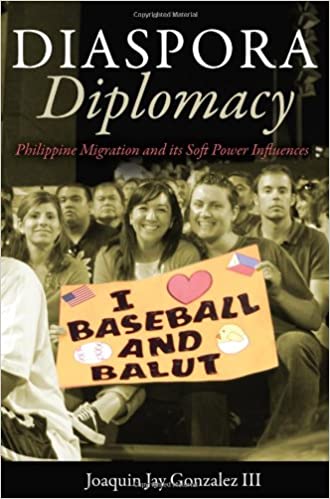
Diaspora Diplomacy: Philippine Migration and its Soft Power Influences
Diaspora Diplomacy: Philippine Migration and its Soft Power Influences is about the remarkable and untapped soft power that international migrants possess and how various sectors-from governments, NGOs, business, and international organizations- could tap this valuable resource to enhance global cooperation and development. With compelling stories from Filipina and Filipino migrants in San Francisco, London, Dubai, Dhaka, and Singapore comprising the large Philippine diaspora, this book illustrates how this widespread community performs numerous acts of public diplomacy, bridging the cultural ...
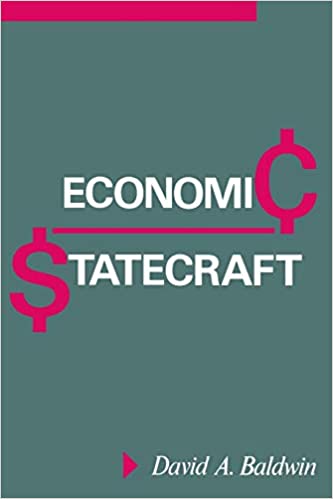
Economic Statecraft
The text is about economic statecraft.
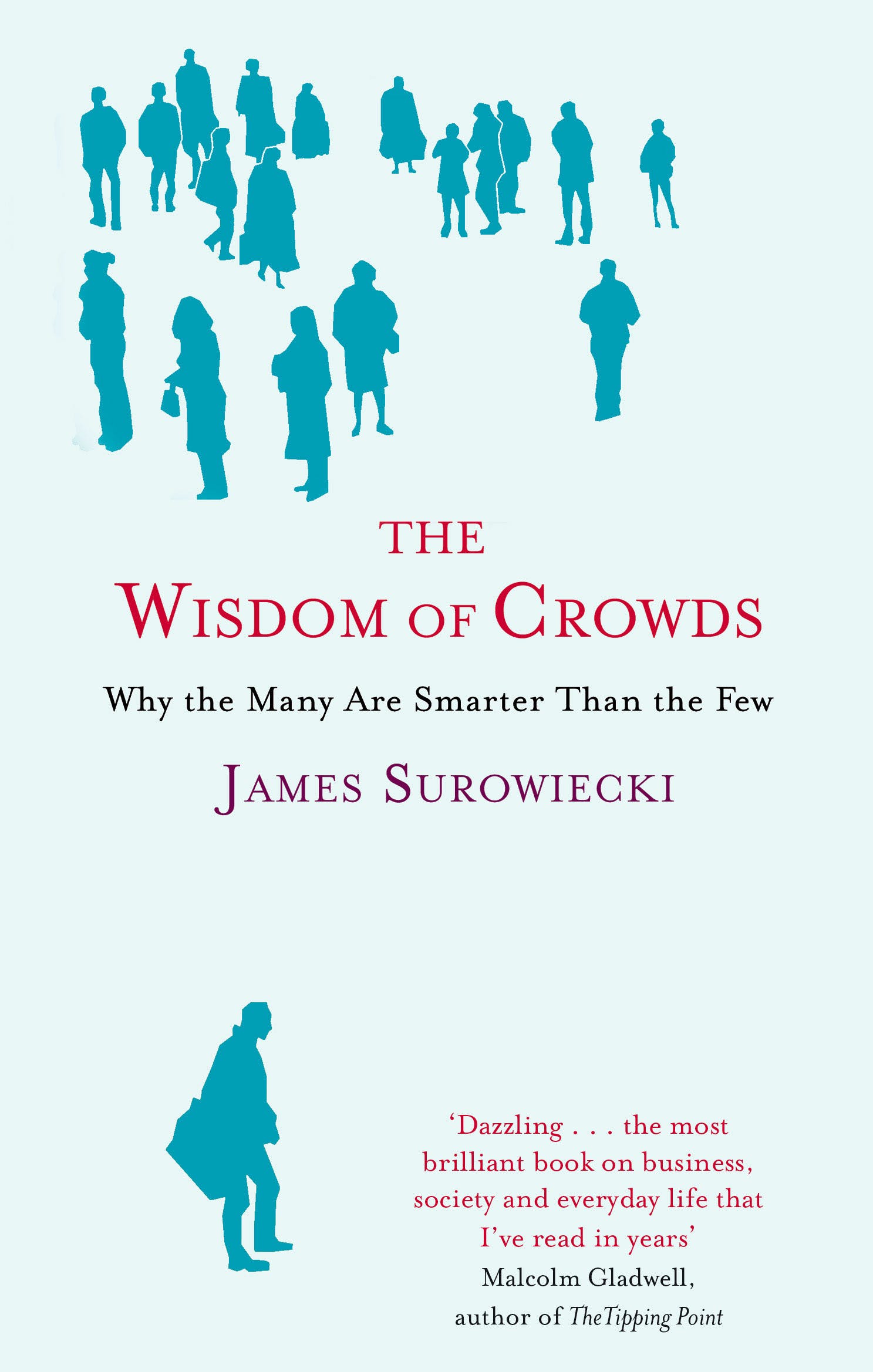
The Wisdom of Crowds: Why the Many are Smarter than the Few
Worldly wisdom teaches that it is better for reputation to fail conventionally than to succeed unconventionally. John Maynard Keynes
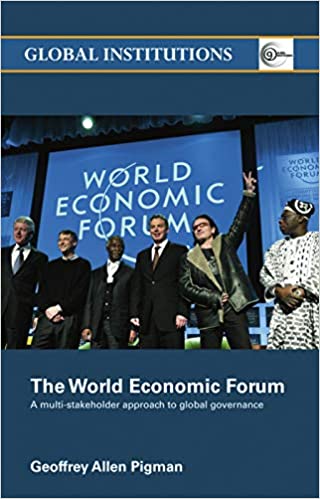
World Economic Forum: A Multi-stakeholder Approach to Global Governance
The World Economic Forum advocates for a multi-stakeholder approach to global governance, emphasizing the importance of collaboration between various sectors to address global challenges effectively. This inclusive method allows for diverse perspectives and expertise to be considered in decision-making processes, fostering innovative solutions and sustainable outcomes for a rapidly changing world.

Public diplomacy and soft power
The text explores the concepts of public diplomacy and soft power, elucidating their significance in shaping international relations and promoting a country's influence through attraction rather than coercion.
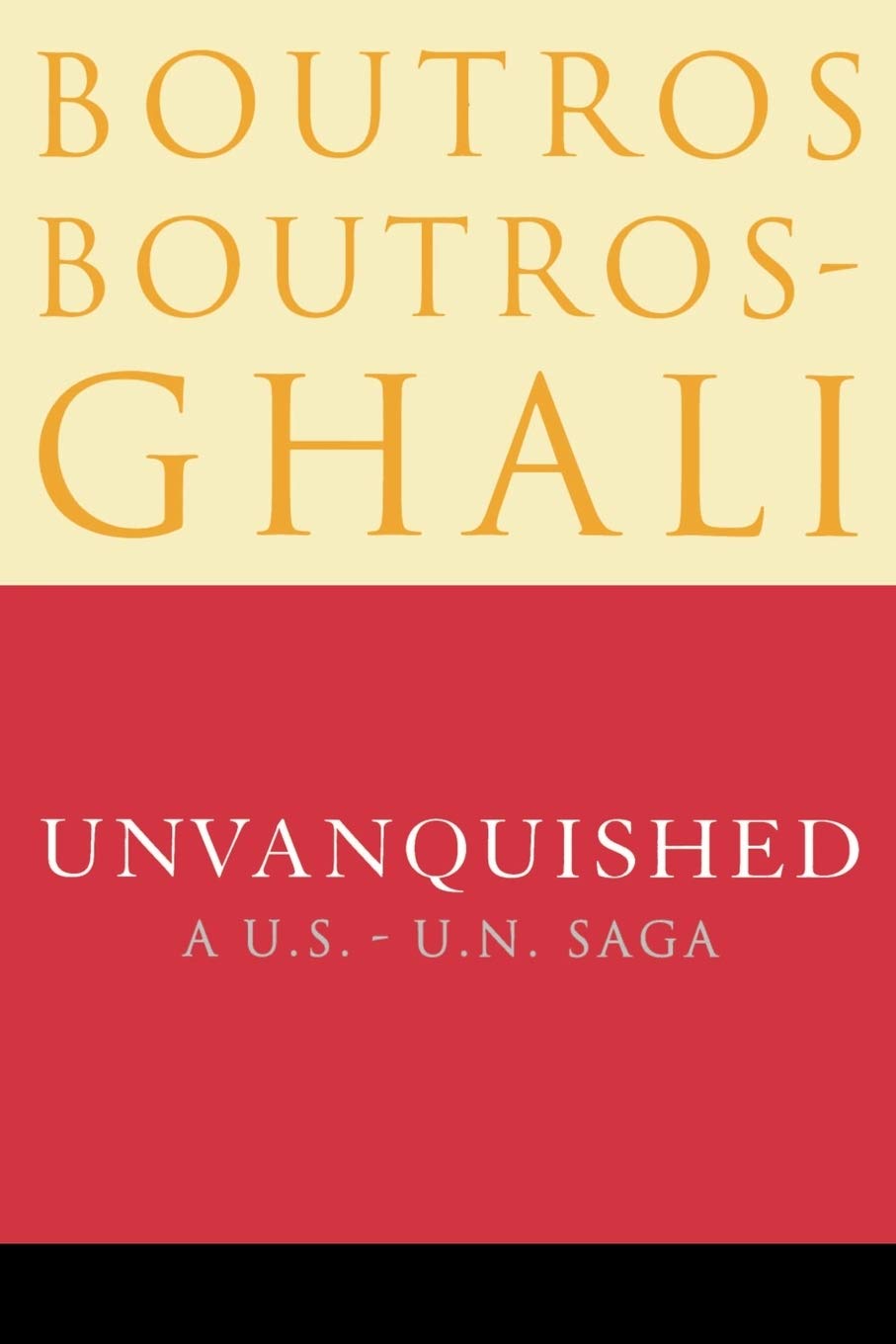
Unvanquished: A U.S.-U.N. Saga
In November 1996, the U.S. wielded its veto power in the U.N. Security Council to prevent Boutros Boutros-Ghali from securing a second term as Secretary-General, despite overwhelming support. The U.S. had attempted various tactics, including disinformation and pressure on other council members, to oust him. Boutros-Ghali's memoir sheds light on the U.S.'s dismissal of diplomacy in this instance, emphasizing the power dynamics at play. The event underscored the potential weakening of the U.N. diplomatic system.
Will WikiLeaks Hobble U.S. Diplomacy?
The message relates to the potential impact of WikiLeaks on U.S. diplomacy.
The Global Health System: Actors, Norms, and Expectations in Transition
The global health system is undergoing significant changes as various actors, norms, and expectations are in transition.
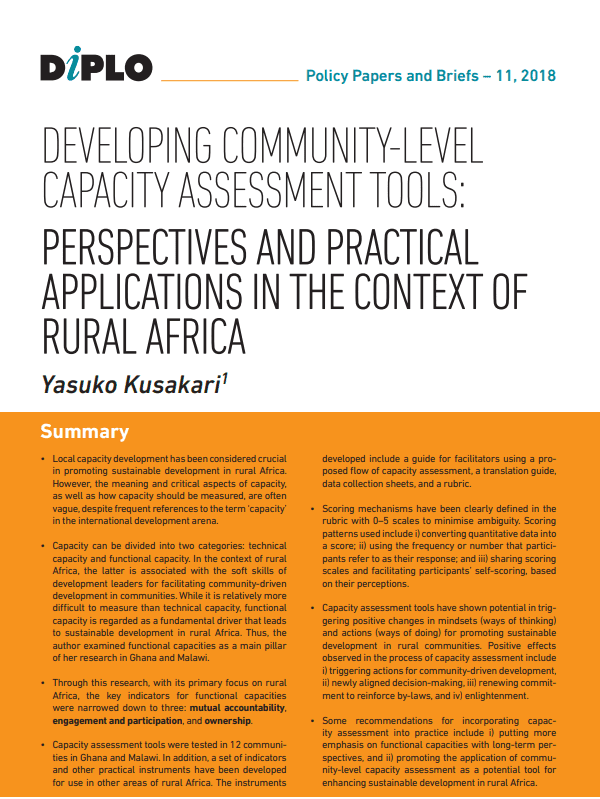
Developing Community-level Capacity Assessment Tools: Perspectives and Practical Applications in the Context of Rural Africa (Briefing Paper #11)
The message provides an overview of developing community-level capacity assessment tools relevant to rural Africa to improve local development strategies.
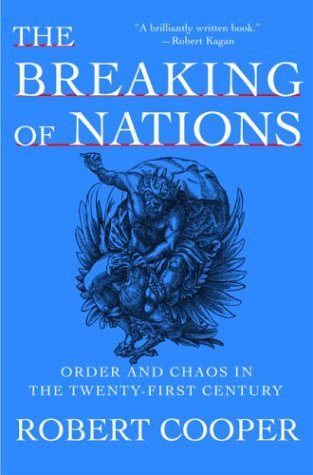
The Breaking of Nations: Order and Chaos in the Twenty-First Century
The message is a summary of the book "The Breaking of Nations: Order and Chaos in the Twenty-First Century.

Diplomacy as an instrument of good governance
The functioning of diplomacy is influenced by a complicated combination of different interrelated factors. This paper briefly analyses their impact on the evolution of diplomacy and discusses how diplomacy as an instrument of good governance should adjust itself to meet the new challenges, to become more relevant, open and agile, to modify its methods and to fully utilise opportunities offered by the technological revolution.
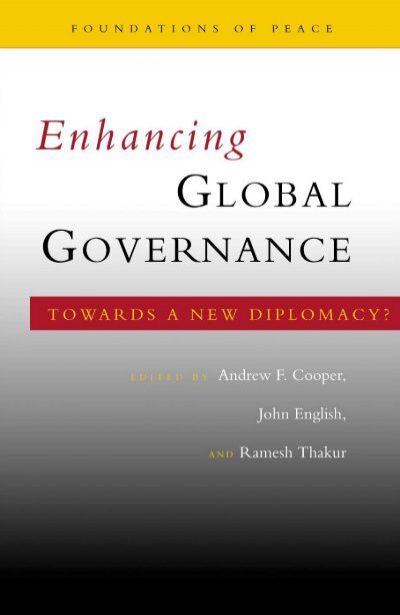
Enhancing Global Governance: Towards a New Diplomacy
The text is about the importance of improving global governance through a new approach to diplomacy.

Emerging Leaders for a Digital World (2011): Dalsie Greenrose Kalna Baniala from Vanuatu
‘With the number of training courses I have attended, including attending the Internet Governance Forum (IGF), I have learnt a lot.’
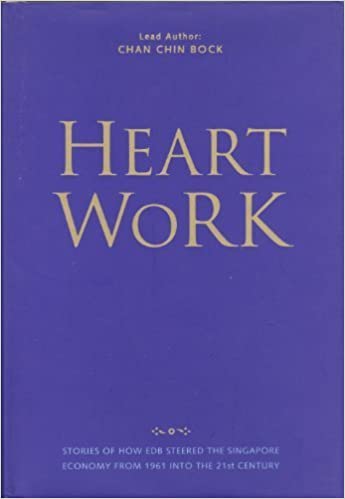
Heart Work: Stories of How EDB Steered the Singapore Economy from 1961 to the 21st Century
The message provides a detailed account of how the Economic Development Board (EDB) played a crucial role in steering the Singapore economy from 1961 to the 21st century.
U.S. Propaganda in the Middle East – The Early Cold War Version
The text discusses the use of U.S. propaganda in the Middle East during the early Cold War era.

Governance Challenges in Global Health
Global health is at the threshold of a new era. Few times in history has the world faced challenges as complex as those now posed by a trio of threats: first, the unfinished agenda of infections, undernutrition, and reproductive health problems; second, the rising global burden of noncommunicable diseases and their associated risk factors, such as smoking and obesity; and third, the challenges arising from globalization itself, such as the health effects of climate change and trade policies, which demand engagement outside the traditional health sector.1 These threats are evolving within a...

Democracy in Ghana: Lessons for Africa
Despite being one of Africa's finest democracies, Ghana's democracy is still a work in progress. What obstacles hinder Ghana's democracy from attaining maturity? Can these obstacles be removed to make Ghana an accomplished democracy or are they too entrenched to be removed? This study, which may serve as a guide to those wishing to improve and strengthen the democracy in Ghana, employs a considerable amount of existing literature on the democracy in Ghana to identify, not only the general challenges to Ghana's democracy, but some of the entrenched ones as well. Indeed, some of the problems fac...

The Politics of the South Africa Run: European Shipping and Pretoria
Some time after this book went out of print, now many years ago, I found a message on my answer-phone from a London businessman involved in South African shipping. He asked if I were ‘the G. R. Berridge who had written the book on the politics of South African shipping’ and, if so, could I help him find more copies. On admitting to authorship when I returned his call, he said that he had managed to secure a copy for himself but was constantly in danger of losing it to other members of the South African shipping community, who had discovered its manifold virtues too late.

Electronic government equals sustainable development for Guyana
Electronic government (e-government) equals sustainable development for Guyana. This is the thesis illustrated by this paper along with the possible constraints involved in implementing e-government.
The emergence of international public opinion and the origins of public diplomacy in Japan in the inter-war period
The emergence of international public opinion and the origins of public diplomacy in Japan in the inter-war period.
Diplomacy and domestic politics: The logic of two-level games
The text discusses the concept of two-level games, which examines how international negotiations are influenced by both domestic and international factors. Diplomats must navigate these complexities to reach agreements that satisfy both international partners and domestic constituencies, balancing the demands of two levels of negotiation.

UN conferences on the spot – voices from civil society
In the fourth chapter of the book, Britta Sadou, focuses on non-governmental organisations (NGOs). Sadou introduces this particular group as civil society actors and continues by discussing possibilities provided to NGOs by various UN summits. The author highlights some of the main world conferences during the 1990s and early 2000s and poses two important questions - Has the time of those huge events come to an end? What could be the alternatives?
A Critical Appraisal of the OPCW’s Media and Public Affairs Policy in the Context of Multilateral Disarmament and Non Proliferation Regimes
Multilateral disarmament and non-proliferation treaties such as the CWC, BWC, CTBT and NPT come with verification regimes that must balance confidentiality against transparency. While the CWC regime has achieved a great degree of intergovernmental transparency, civil and private stakeholders, in addition to the news media and the general public, do not enjoy the same level of access to information.
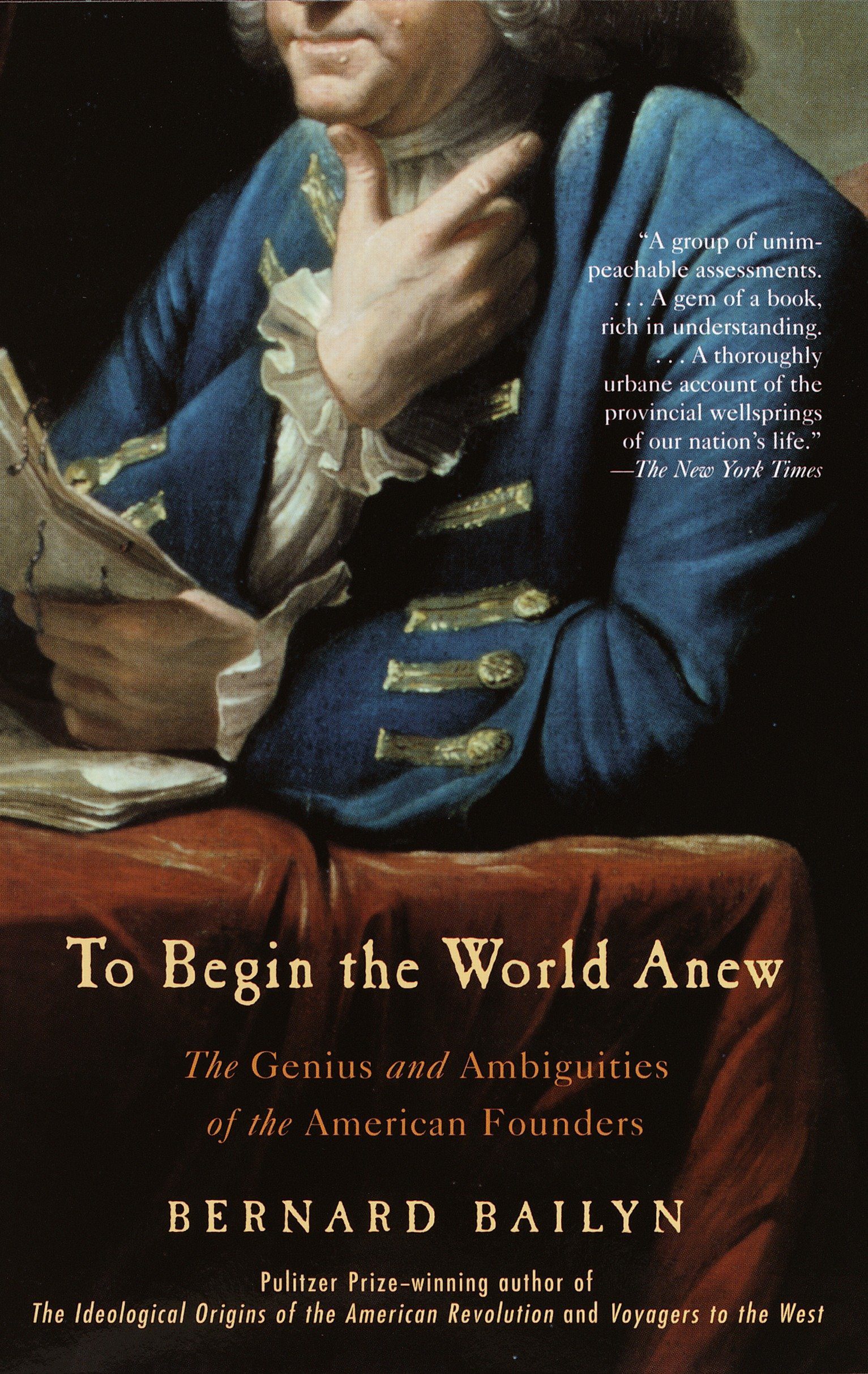
To Begin the World Anew: The Genius and Ambiguities of the American Founders
When I feel dispirited about the current crop of political leaders in Switzerland or around the world, I like to take refuge in one of the most uplifting political stories of mankind – the American Revolution.

A Declaration of the Independence of Cyberspace
A declaration of independence for cyberspace, asserting that traditional governments have no authority over this virtual realm. Barlow believes that cyberspace should be free from external regulation and should be governed by the individuals who inhabit it.
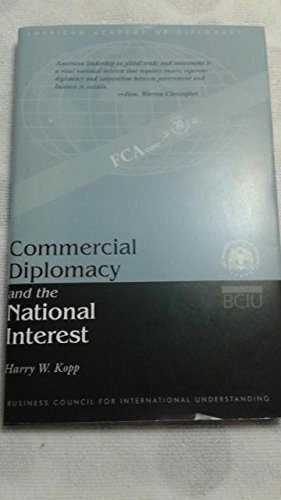
Commercial Diplomacy and the National Interest
This short and lively book lays out the why and the how of promoting US business abroad. America's place in the world depends more than is usually acknowledged on the vigor and global reach of American business. The United States is the world's leading exporter, the world's leading importer, and the world's primary source and destination of funds for foreign investment. Our position as the best place in the world to do business-the most reliable in which to buy, the most lucrative in which to sell, and the safest and surest in which to invest or to raise capital-is a cause, not an effect, of A...
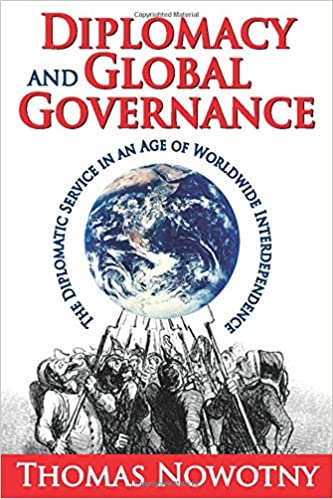
Diplomacy and Global Governance: The Diplomatic Service in an Age of Worldwide Interdependence
The text discusses the role of the diplomatic service in a time of global interdependence. Diplomacy plays a crucial role in ensuring cooperation and effective governance on a global scale, emphasizing the need for diplomatic efforts in maintaining peace and fostering international relations.

Evaluation du statut de l’E-Gouvernement en Union des Comores
L’e-gouvernement consiste à l’utilisation des Technologies de l’Information et de la Communication (TIC) par un gouvernement pour transformer sa façon d’administrer, de produire et de délivrer efficacement des services publics aux citoyens.

Statecraft and foreign policy: India, 1947–2023
Statecraft and Foreign Policy provides an in-depth understanding of India’s rise as an economic and political power and its role in addressing global challenges, from climate change to international trade, security, health and energy. It focuses on India’s statecraft and foreign policy from its independence in 1947 to current politics and policies in 2023 – 75 years later.

A clash of grand strategies between Russia, United States of America and Turkey for greater power and influence in the Middle East
The thesis explores the changing dynamics in the Middle East where the region is witnessing a metamorphosis in its power structure as major regional powers actively pursue their grand strategies to unseat U.S. hegemony. The analysis focuses in particular on the foreign policies of the revisionist powers of Russia and Turkey collaborating in all spheres of statecraft against the resoluteness of the U.S. to maintain the status quo. It recognises that the Syrian civil war has disrupted the equilibrium of the prevailing power structure which, by extension, has provided the enabling environment for...
The latest from Diplo and GIP
Tailor your subscription to your interests, from updates on the dynamic world of digital diplomacy to the latest trends in AI.
Subscribe to more Diplo and Geneva Internet Platform newsletters!
Diplo: Effective and inclusive diplomacy
Diplo is a non-profit foundation established by the governments of Malta and Switzerland. Diplo works to increase the role of small and developing states, and to improve global governance and international policy development.


